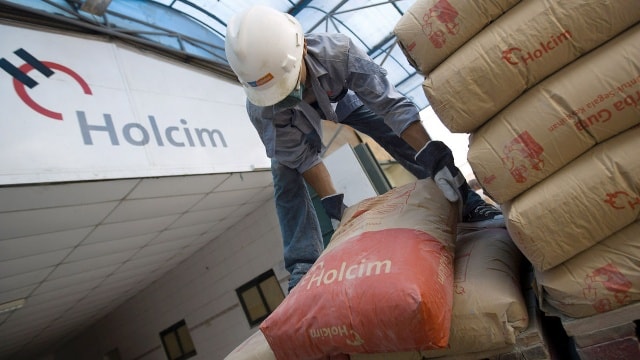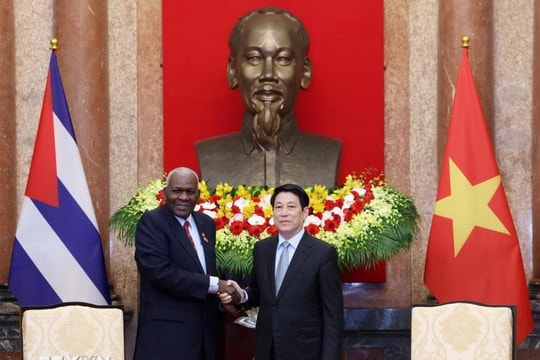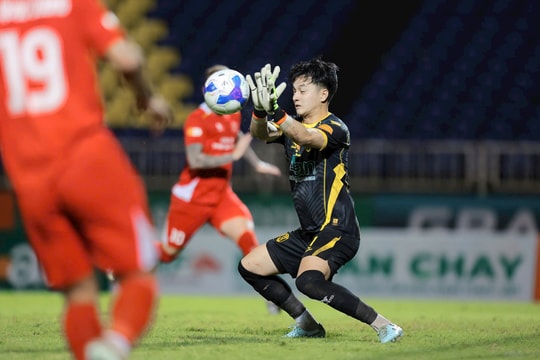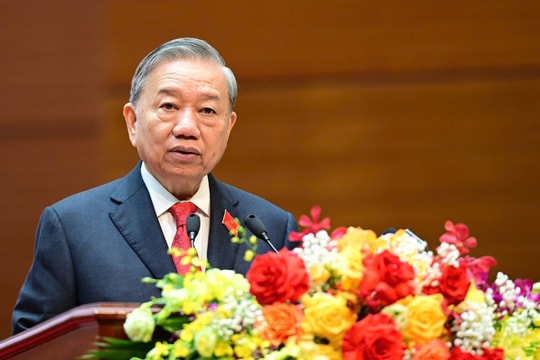The secret takeover of Thai people in Vietnam
After agriculture and retail, Thai businesses are actively expanding their business in Vietnam. Evidence shows that Thai tycoons are willing to spend a lot of money on acquisitions, the most recent being the VND19,900 billion purchase of a cement company from a foreign partner in Vietnam.
 |
| Thai people start to monopolize cement. Photo: Internet |
Previously, on the WSJ, this investor also decided to sell the factory in India to a local company with a transfer value of 1.4 billion USD. Siam City (SCCC) - a Thai cement company - has just officially acquired Holcim Vietnam from LafargeHolcim with a transfer value of 867 million francs (19,900 billion VND). The deal will be completed by the end of this year.
LafargeHolcim Vietnam Cement Plant has an operating capacity of 6.3 million tons/year and is also the largest mixed concrete producer in the Southern region. Established in 1994, Holcim Vietnam currently has an investment capital of 441 million USD, of which LafageHolcim contributes 65%. The remaining capital is held by Vietnam Cement Industry Corporation (Vicem). This is the largest foreign-invested cement company in Vietnam.
Not long ago, Thailand's Siam Cement Group (SCG) signed an agreement to buy 85% of shares of Prime Group Joint Stock Company (Vietnam) for 7.2 billion baht (nearly 5,000 billion VND).
SCG began expanding its operations to Vietnam as a strategic country in 1992 and gradually expanded its investments across multiple industries, including Cement - Construction Materials, Chemicals and Packaging.
This group is doing well in Vietnam and other countries in the region.
Based on the 2nd quarter 2016 report, SCG in Vietnam owns assets worth 19,177 billion VND, up 9% compared to the same period last year. In the first half of 2016, SCG's revenue from sales activities reached 7,212 billion VND.
Regarding SCG's operating results in the ASEAN region (excluding Thailand), sales revenue in the second quarter of 2016 increased by 20% compared to the same period last year, reaching VND8,226 billion, accounting for 12% of SCG's total sales revenue. Total sales revenue in the first half of 2016 increased by 20% compared to the same period last year, reaching VND16,092 billion.
Thai strategic direction
The period of 2013-2014 is considered a difficult time for the manufacturing industry in general and the construction materials group in particular, typically the cement sector, due to the "freezing" impact from the real estate market.
Vietnam's cement industry is facing challenges as major markets such as China, India and Russia all have weak purchasing power.
In the context of such a surplus cement industry, LafargeHolcim's withdrawal from Vietnam will open the door to fierce competition, and domestic cement enterprises will be forced to proactively focus on domestic consumption as well as seek export directions.
According to the Ministry of Construction’s forecast, cement consumption in 2016 will be very difficult, especially in terms of export. The inventory nationwide is about 2.95 million tons, equivalent to about 15 to 16 days of production, mainly clinker, of which Vicem has an inventory of 1.73 million tons.
The strength of Thai enterprises is financial potential and vision when expanding the industry in Vietnam. SCCC is known as the second largest cement enterprise in Thailand with a history of 45 years. The group's revenue in 2015 reached 908 million USD.
Two weeks ago, SCCC also acquired the Holcim branch in Sri Lanka to become the largest cement producer in the country. Last September, SCCC also invested in a joint venture project in Cambodia with Chip Mong Group, and said it intended to continue investing in Laos and Vietnam.
The acquisition of Prime Group will help SCG secure its position as the world's largest floor tile manufacturer, as Prime Group is the 5th largest floor tile manufacturer in the world and the leading construction material manufacturer in Vietnam (accounting for 20% of the market share). Meanwhile, SCG has up to 200 subsidiaries and achieves annual revenue of up to 13.7 billion USD.
The Thai construction materials industry has penetrated the international market for a long time, while Vietnam still has to import. One of Thailand's competitive advantages is quality and fast delivery. The Thai goods mentality makes Vietnamese businesses have to work harder.
This concern is even more present, especially when Vietnam officially joins the ASEAN Economic Community, which means increased competitive pressure when consuming products.
According to Vietnamnet








